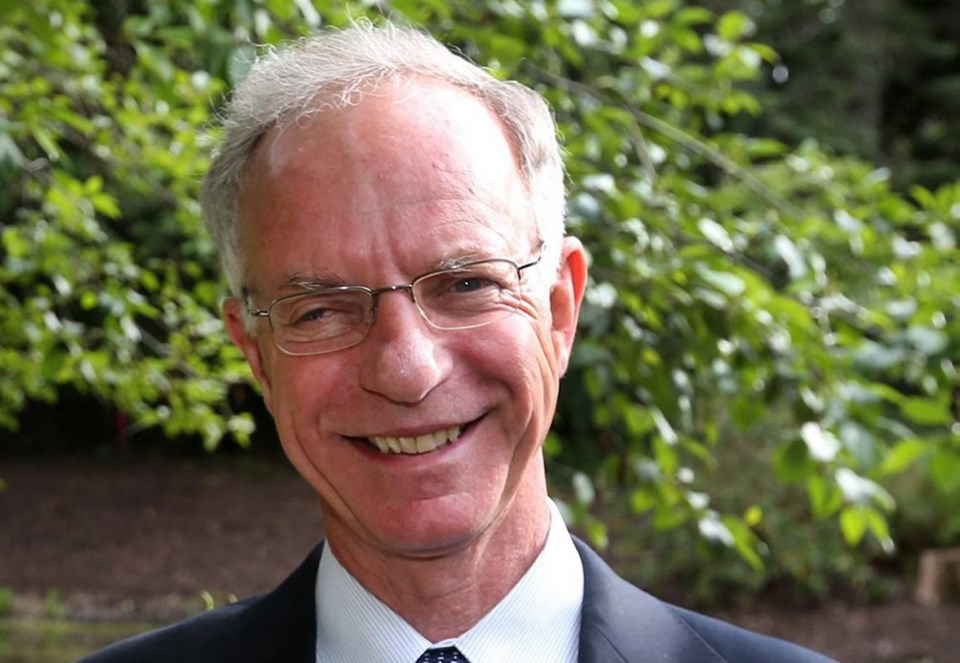Victoria businessman David Black says federal rejection of the Northern Gateway pipeline doesn’t affect his proposal to establish a refinery near Kitimat.
He said he is moving forward with plans for the $18-billion Kitimat Clean heavy-oil refinery, even though he asked two months ago that the environmental review process be postponed.
Black said he has heard support for the project from northern communities, where there is demand for jobs.“Most people are in favour of a green refinery and so I think that is still the way forward,” Black said.
Black had pitched Kitimat Clean as an alternative to the controversial Northern Gateway project, which proposed two pipelines between Kitimat and Bruderheim, Alta. He said it’s less environmentally damaging, since it would involve shipping refined fuels, which float and evaporate in case of a spill into the sea, unlike the crude oil or diluted bitumen that would have been shipped with the Northern Gateway pipeline. It would also involve $5 billion of processing technology that would cut greenhouse gas emissions by two-thirds, compared with all other heavy oil refineries.
On Tuesday, Prime Minister Justin Trudeau rejected the Northern Gateway project. Trudeau also announced a moratorium on crude oil tanker shipping on B.C.’s north coast.
The Kitimat Clean refinery would be one of the 10 largest refineries in the world. It could process 400,000 barrels of pure bitumen from Alberta’s oilsands into 460,000 barrels of gasoline, jet fuel and diesel fuel, primarily for export.
While one of Black’s earlier proposals included a budget for a pipeline, his plan now focuses on shipping solid bitumen by train.
“The truth is, I think you could build a safe pipeline to carry oil or dilbit. But there’s such a strong feeling against the pipeline right now in the north, I finally moved away from the idea and started thinking about trains,” Black said.
“When there’s a train derailment, nothing is going to run out. If the container were to split open, you could pick up the pure bitumen with a back hoe, it’s not particularly different from transporting coal.”
The project cost has dropped to $18 billion from $22 billion since last year, because the costs of contracting labour, engineering and manufacturing have declined, he said. The original budget of $32 billion included a pipeline and tankers.
Soon after the environmental assessment process began, Black asked that it be put on hold in early October. He said he couldn’t afford the $5-million price tag that came with a review panel imposed by the federal government.
He also said he wanted to have all the “building blocks” in place.
Black said he is negotiating a preliminary contract with the Haisla First Nation. “We have a good relationship and are moving ahead. And the same with Kitimat and the regional district and so forth,” he said.
He said the environmental review could begin as early as late spring.
Black said he was disappointed to hear Kinder Morgan’s Trans Mountain pipeline expansion was approved. He said he spoke with Kinder Morgan about including a Canadian refinery in its plan.
“I suggested it to them; they haven’t taken it up. The oil industry is kind of sitting on the fence about the refinery issue, mostly because it would slow down, in their minds, the time it takes to get completed.”



